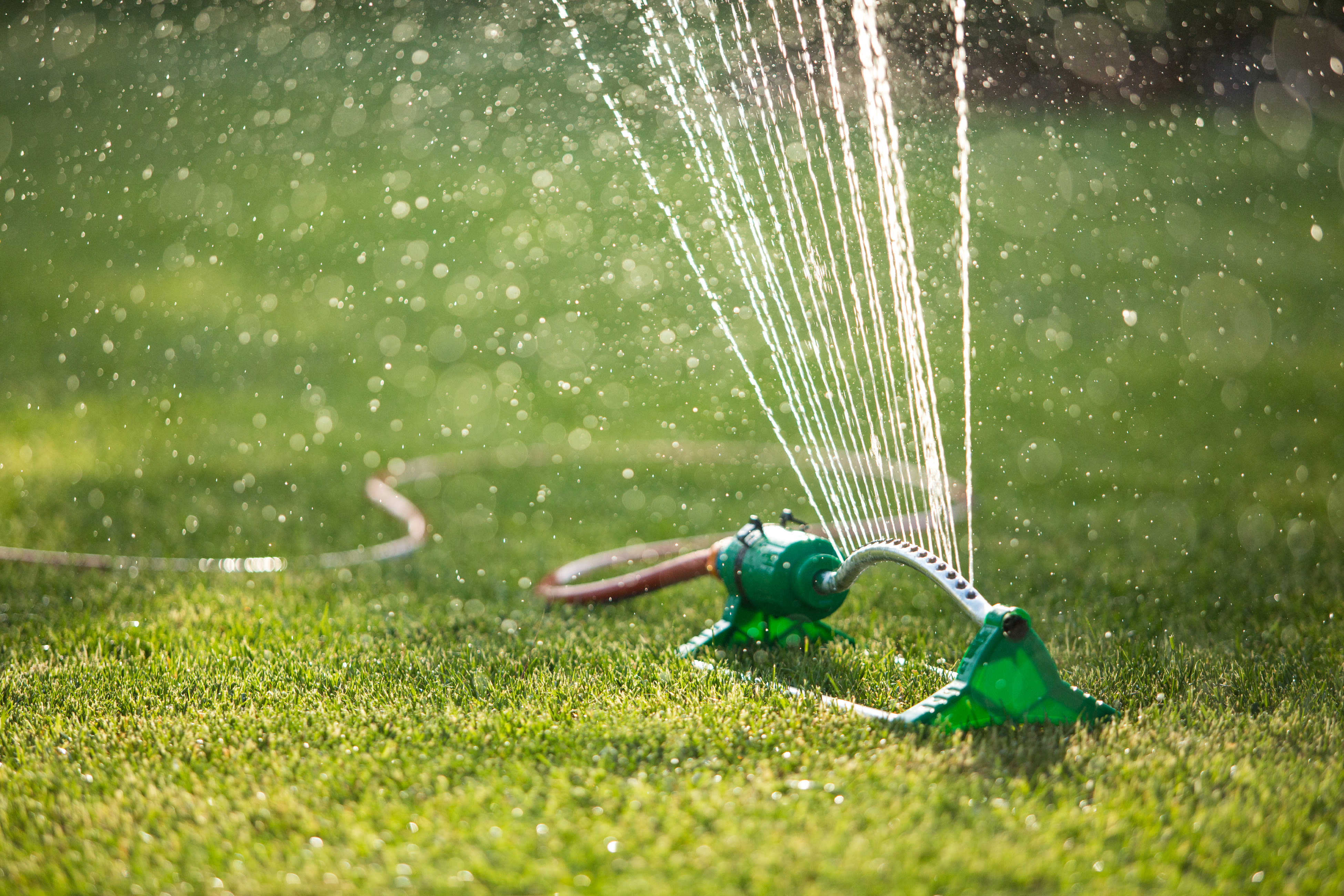Water Leaks Have Become Houston’s Biggest 311 Problem

As the city of Houston gets older, so do its pipes—and that's causing a lot of leaks.
Houstonians know the sinking feeling all too well. That realization that the puddle spreading in your neighborhood might originate not from the sky, but from a silent enemy lurking beneath the surface: a burst water pipe.
Data from the city paints a concerning picture. Water leaks have become the leading cause of 311 calls since 2021, with a staggering 30 percent increase from 2022 to 2023. As pressure for the city to address this issue rises, Houston Public Works is faced with the dilemma of a decaying system—a vast network riddled with miles of pipes nearing the end of their lifespan.
“Our biggest problem is the aging infrastructure,” says Erin Jones, the department’s public information officer. “We’re continuing to make a long-term investment to replace these water lines, there’s just over 7,000 miles of them. So, it’s very hard to replace them all at once.”
The challenge is compounded by environmental factors unique to Houston, such as clay soil and extreme weather conditions. When exposed to the city’s characteristic heat, the land shrinks and cracks, putting immense strain on the already brittle pipes. Last year’s record-breaking drought is a prime example of how these environmental factors exacerbate the problem.
In response to these challenges, Houston Public Works is underway on a series of infrastructure improvement projects aimed at repairing, rehabilitating, and reconstructing water lines across the city. These projects are funded through several streams and sometimes in collaboration with other agencies.
“There’s multiple [projects] going on at the same time,” Jones says, mentioning ones expanding the reach in groundwater independence, water purification, plant expansion, and more.
One key source of revenue comes from the city’s Capital Improvement Plan (CIP), which allocates money for various infrastructure improvements. Every five years, city council votes on specific projects and budgets based on needs and available funds. However, the CIP faces its own limitations. The sheer scale of Houston’s water infrastructure system means improvements come with a hefty price tag. For example, a 72-inch water line project in Montrose that will be completed this summer is costing the city $36 million.
Beyond the financial constraints, another challenge lies in pinpointing the exact location of leaks. With more than 7,000 miles of underground pipes, a leak in one area can be difficult to detect from another. This is where the community’s vigilance is vital.
It’s important to keep an eye out for signs of leaks in your own yard or neighborhood, such as damp spots, unusual sounds of rushing water, or sinkholes. A quick and consistent reporting process is crucial. Jones advises residents to stay informed and report any leaks they encounter using the 311 service. The quicker a leak is identified, the faster repairs can be made, minimizing damage and wasted water.
Houston Public Works is also trying to compel people to take proactive steps to minimize water usage, which can lessen the pressure on the entire system, potentially preventing future leaks. The department maintains a dedicated webpage, Give Water a Break, providing residents with conservation tips and resources such as fixing leaky faucets and toilets, taking shorter showers, and watering lawns less frequently.
But really, the most important thing you can do to fix our water leak problem is to keep flooding those 311 phone lines, as many times as it takes.




